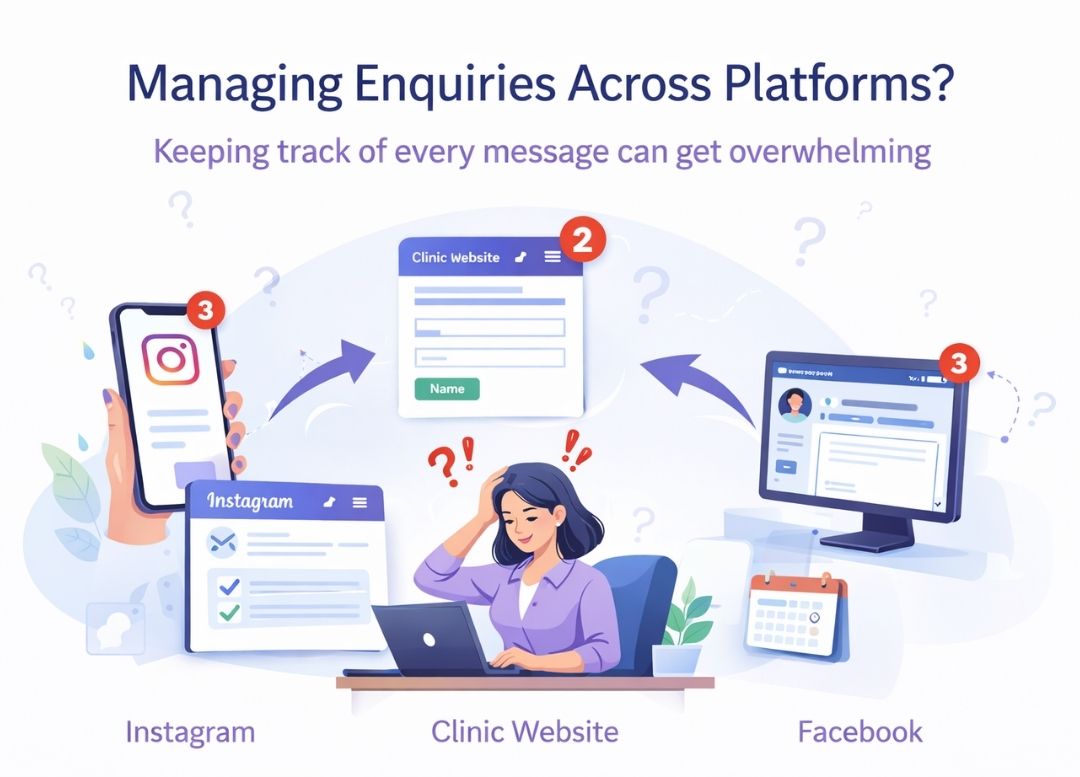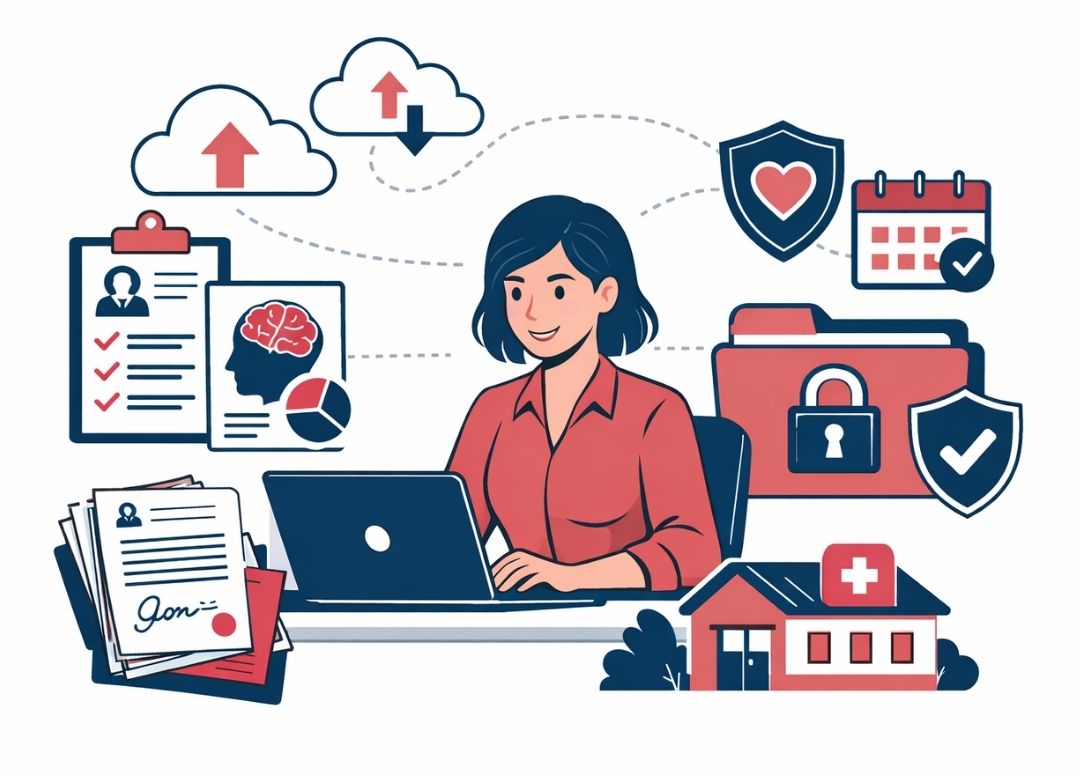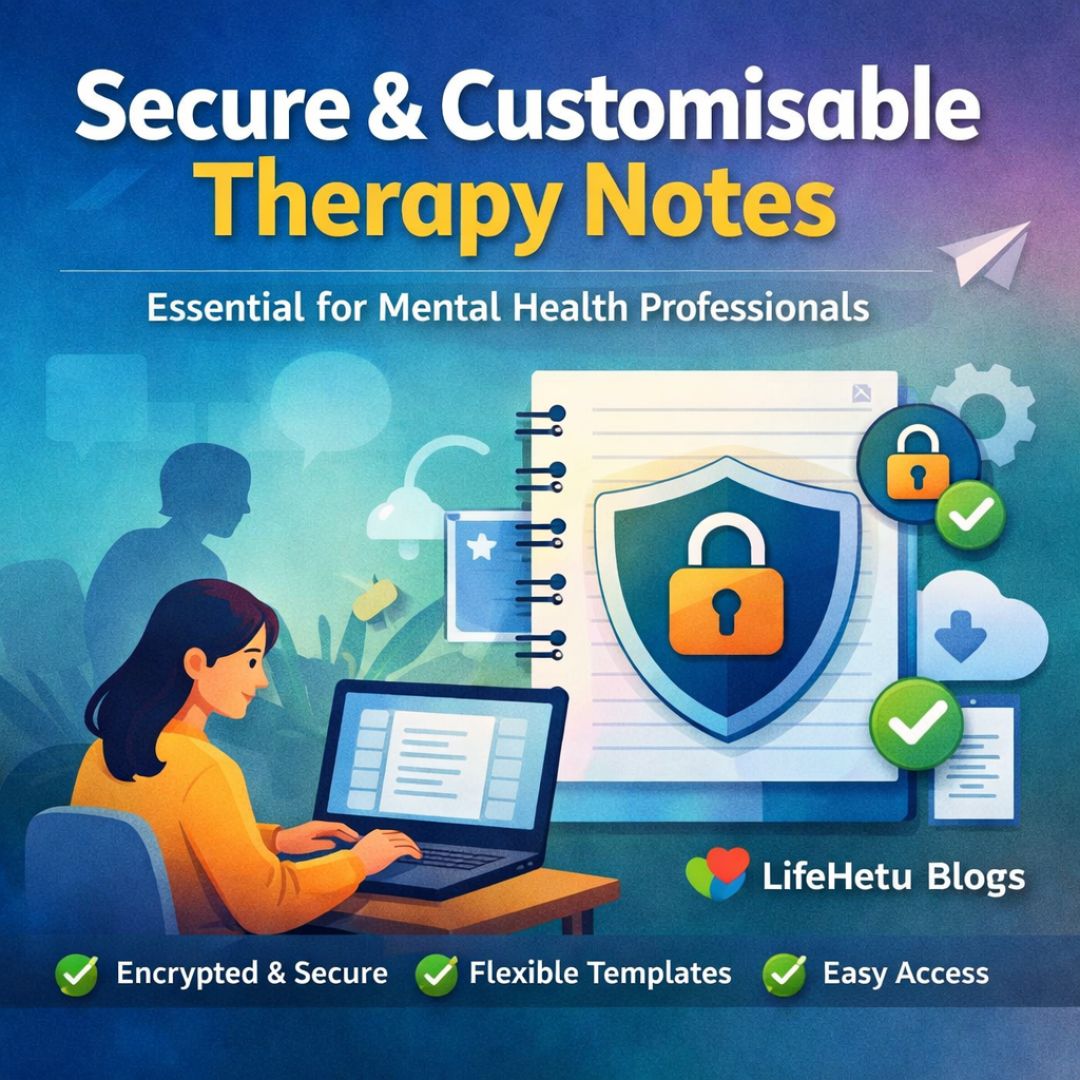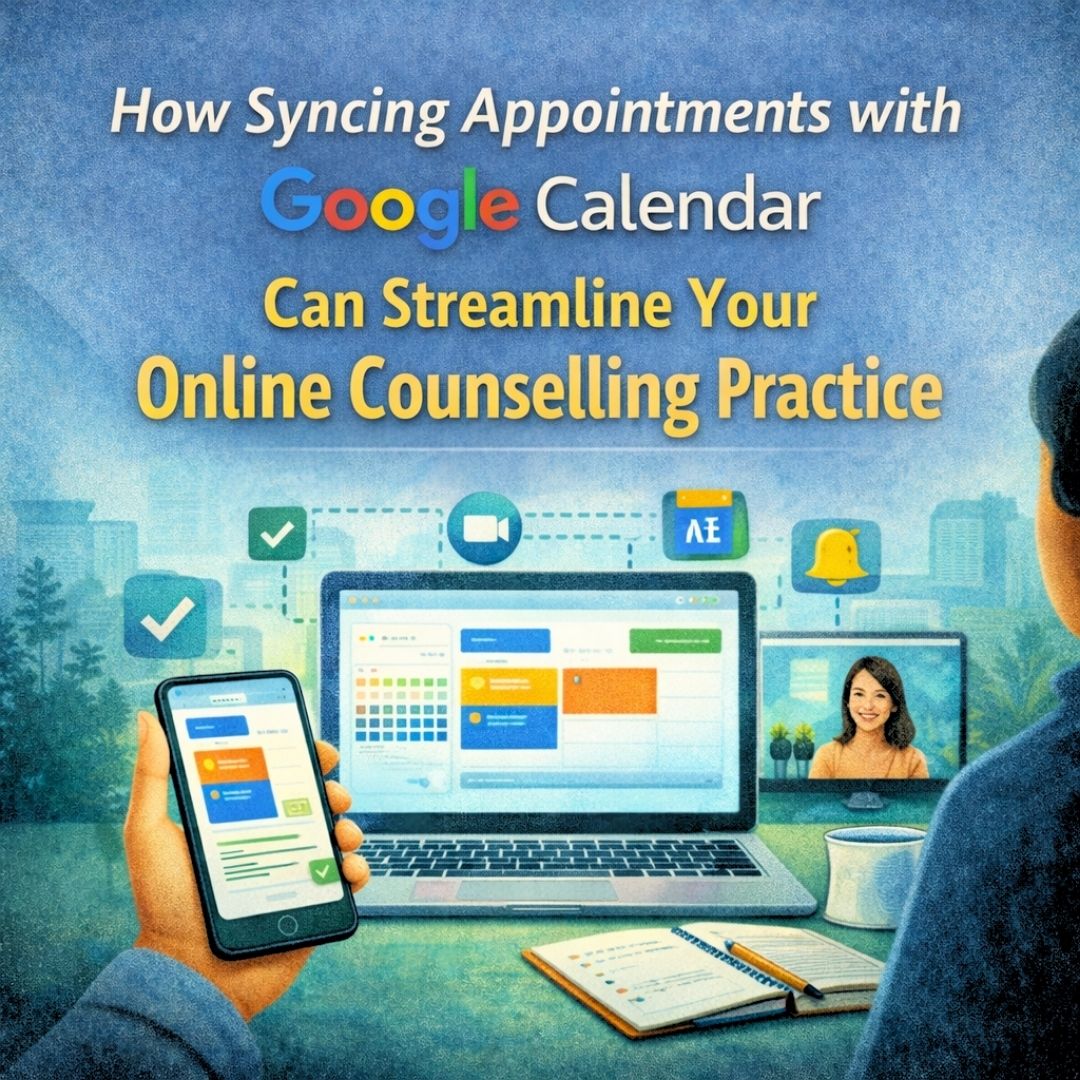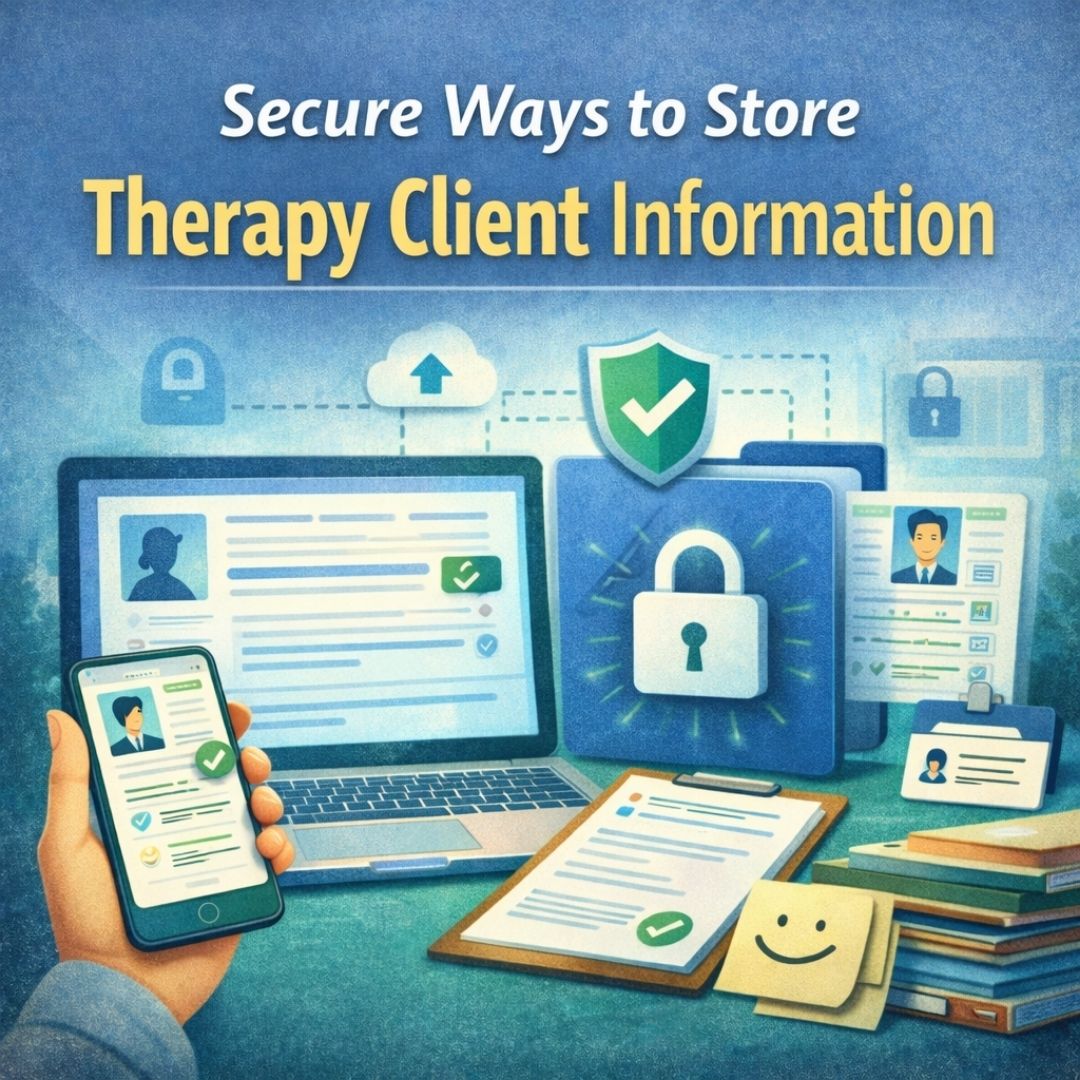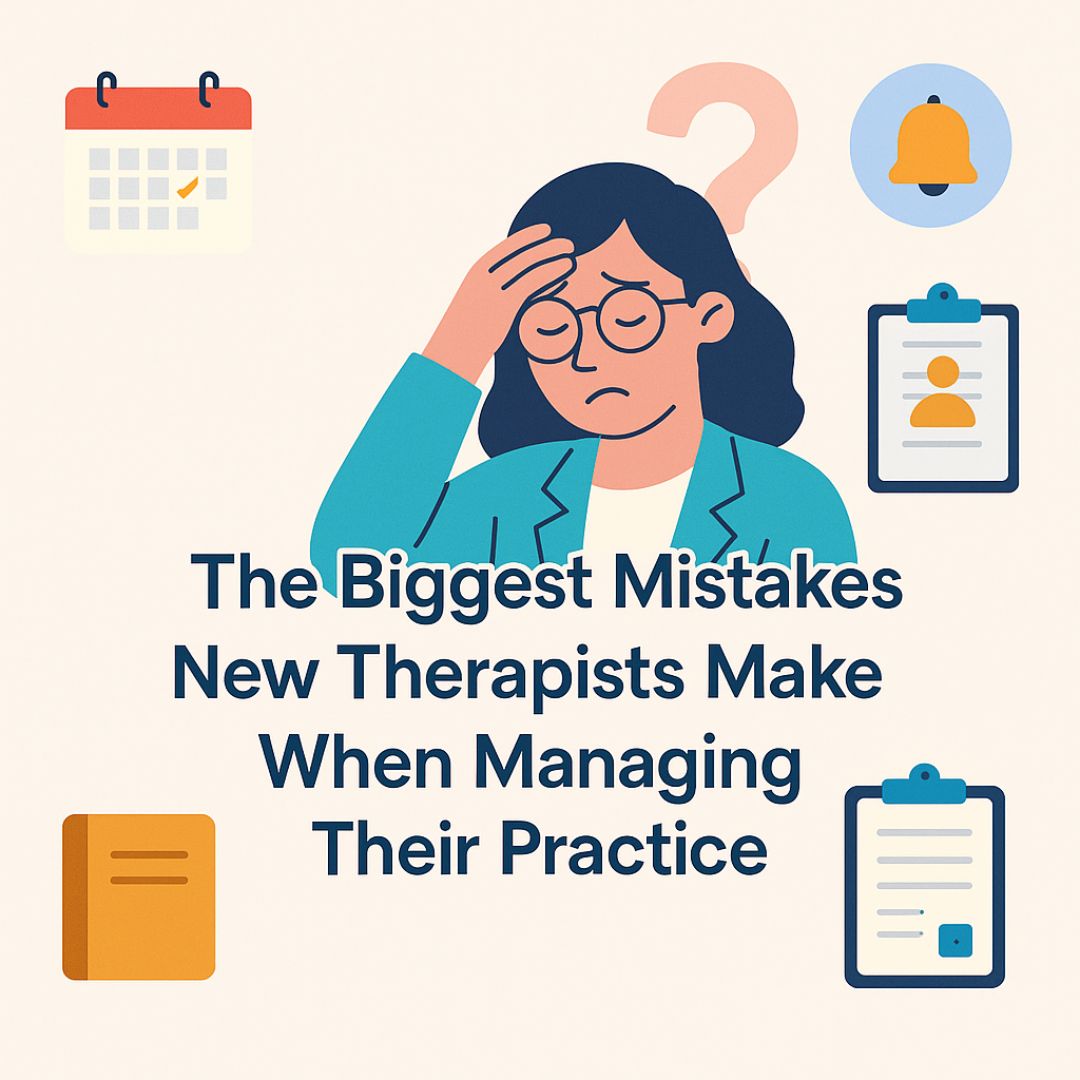The Impact of AI on Mental Health Services - Opportunities and Considerations
Artificial Intelligence (AI) is becoming a game-changer in the field of mental health. From early detection of symptoms to round-the-clock chat support and personalized care tools, AI is helping bridge the gaps in traditional mental health services. But while these advancements offer increased accessibility and efficiency, it’s crucial to balance innovation with empathy, ethics, and expert oversight. In this blog, we explore the impact of AI on mental health—from its benefits to its boundaries—and how both professionals and individuals can make the most of this evolving technology.

What is AI’s role in modern mental health services?
Artificial Intelligence (AI) is rapidly transforming how mental health services are delivered. From virtual assistants and symptom checkers to predictive analytics and therapy bots, AI tools are becoming powerful support systems for both mental health professionals and clients. These tools are not here to replace therapists but to enhance accessibility, speed, and accuracy in mental healthcare.
How does AI help in early detection of mental health issues?
One of the biggest opportunities AI brings to mental health is early detection. AI systems can analyze large amounts of data—such as speech patterns, social media activity, or wearable health data—to detect signs of depression, anxiety, or stress. By identifying subtle behavioural changes early on, AI can alert professionals or users themselves before symptoms worsen.
Can AI improve access to mental healthcare?
Yes, and that’s a major benefit. Access to mental health services is a challenge, especially in remote areas or where therapists are limited. AI tools like chatbots for therapy, mood tracking apps, and 24/7 mental health platforms offer support to people when human therapists aren’t available. This doesn’t replace human care but fills gaps, especially for mild to moderate cases.
Are therapy chatbots effective in treating mental health concerns?
Therapy chatbots—like Woebot or Wysa—use Cognitive Behavioral Therapy (CBT) techniques to support users through daily stress, low mood, or anxiety. While they are not suitable for severe conditions or emergencies, they do help users understand their thoughts, manage symptoms, and track their emotions. Their biggest strength lies in being available anytime, anywhere.
What are the risks or limitations of using AI in mental health?
AI, like any tool, has limitations. Some key considerations include:
Lack of human empathy: AI can't replace the warmth and understanding a human therapist offers.
Privacy and data security: Since AI collects sensitive mental health data, it's essential to ensure it’s encrypted and stored securely.
Algorithm bias: AI systems trained on biased data may provide unequal or inaccurate support to different groups.
Mental healthcare must always prioritize ethics, consent, and data transparency when using AI.
How can therapists use AI to improve their practice?
AI doesn’t replace psychologists—it supports them. Tools like AI-powered CRM systems, automated appointment booking, or progress tracking dashboards can save time, improve organization, and enhance patient engagement. Therapists can also use sentiment analysis to monitor client moods or identify patterns over time.
Is AI suitable for all age groups seeking therapy?
While AI tools can be tailored for adults, children, and older adults, their usage should be age-appropriate. For example, Adult Counselling platforms may include more advanced tracking tools and self-assessment tests, while tools for children should be simple, safe, and designed under therapist supervision. Personalization is key to making AI work effectively across age groups.
What does the future of AI in mental health look like?
AI is expected to continue evolving in ways that support both clients and therapists. The future may include:
Personalized therapy plans based on real-time data
Integration of AI in virtual reality therapy
Voice and facial emotion detection
More intuitive AI assistants for daily mental wellness
However, human judgment will always remain central to ethical and effective care.
How can people safely use AI-based mental health tools?
Here are some basic tips for safe use:
Choose trusted platforms with proper licenses or certifications.
Look for apps/tools that offer clear privacy policies.
Use AI tools as a complement, not a substitute, to professional therapy.
Reach out to a licensed therapist or psychologist if you're facing severe mental health concerns.
Final Words: Balancing Technology and Human Touch
AI offers incredible opportunities to make mental healthcare more accessible, efficient, and personalized. But it also comes with important considerations like ethics, privacy, and human connection. The key is to view AI as a partner, not a replacement.
If you're a mental health professional, integrating AI tools into your practice can boost efficiency and client experience. And for those seeking support, AI-powered resources can offer a stepping stone toward better mental well-being—while guiding you to connect with trained professionals when needed.
Frequently Asked Questions (FAQs):
What is AI’s role in modern mental health services?
AI enhances mental healthcare by offering tools like virtual assistants, symptom checkers, and therapy bots to support therapists and increase accessibility.Can AI help detect mental health issues early?
Yes, AI can analyze patterns in speech, behavior, or digital activity to identify early signs of depression, anxiety, or stress, enabling timely intervention.Does AI improve access to mental healthcare?
Absolutely. AI-powered tools like chatbots and mood trackers make mental health support available 24/7, especially in underserved or remote areas.Are therapy chatbots effective?
Therapy chatbots like Wysa or Woebot use CBT techniques to help users manage mild mental health concerns. They're not a replacement for human therapists but offer useful support.What are the limitations of using AI in mental health?
Limitations include lack of human empathy, data privacy concerns, and algorithm bias. Human oversight and ethical safeguards are essential.How can therapists benefit from AI tools?
Therapists can use AI to automate tasks like scheduling and mood tracking, helping them focus more on client care and progress monitoring.Is AI safe for all age groups in therapy?
Yes, when tailored appropriately. Tools for children must be simple and used under supervision, while adults may benefit from more advanced features.What is the future of AI in mental healthcare?
AI is expected to support real-time personalized care, virtual reality therapies, emotion detection, and more—always complementing, not replacing, human therapists.How can users safely use AI-based mental health tools?
Choose certified platforms, check for transparent privacy policies, and use AI tools as a complement to professional care—not a replacement.
Related Reads. Similar Blogs to Check Out.
